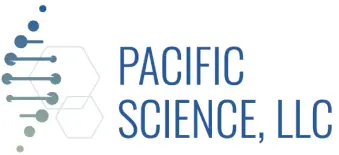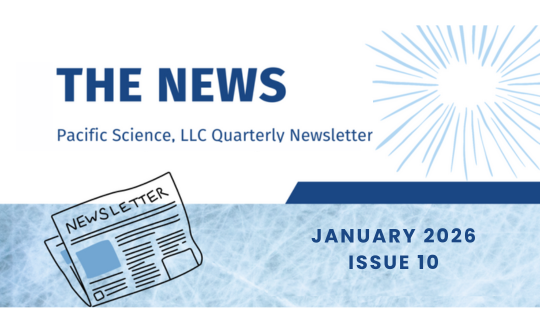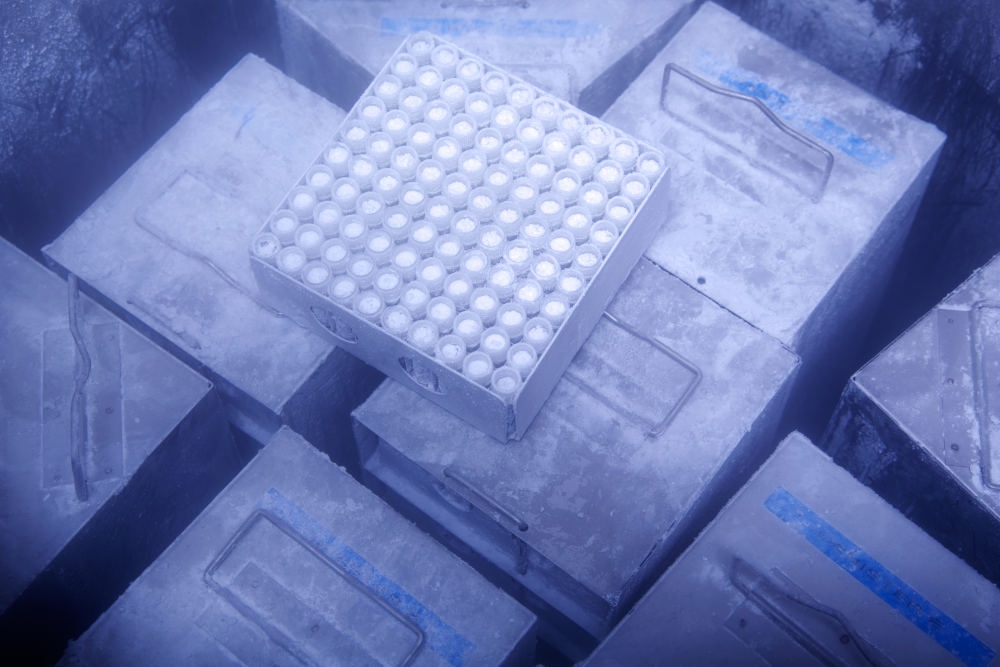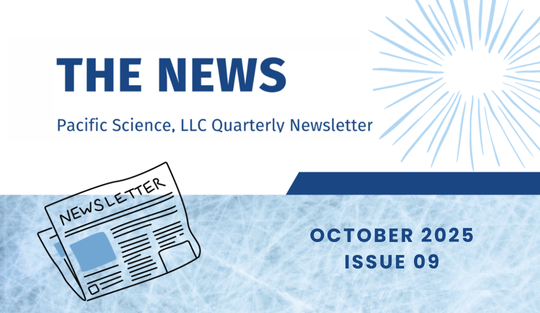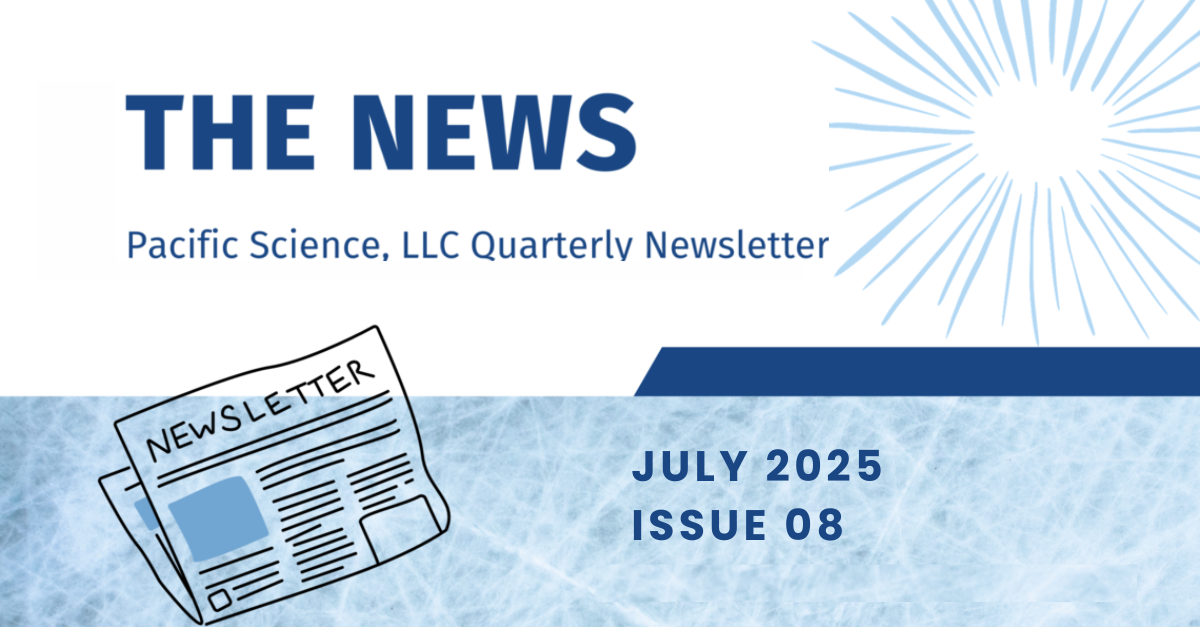The potential impact of temperature-sensitive equipment failure in laboratories is significant and could have far-reaching consequences for ongoing operations. The long-term consequences of equipment failure can affect critical aspects of a laboratory.
Here are some potential consequences that laboratories might face if their temperature-sensitive equipment were to fail:
Sample Integrity
Temperature-sensitive equipment, such as freezers and refrigerators, store valuable biological materials. Equipment failure could lead to temperature excursions, causing samples to thaw or degrade, rendering them unusable for research.
Experiment Disruption
Many experiments and assays require precise and controlled temperature conditions. If equipment fails during an ongoing experiment, the entire experiment may be compromised, wasting time and resources and potentially delaying research outcomes.
Data Inaccuracy
Temperature variations can affect the accuracy and reproducibility of experimental data. If equipment fails, collected data may not accurately reflect the experimental conditions, leading to skewed results.
Research Setbacks
Depending on the severity of the equipment failure, research projects may need to be put on hold or even restarted from the beginning. Setbacks can lead to significant delays in achieving research milestones and objectives.
Financial Impact
The loss of samples, disrupted experiments, and extended timelines can lead to financial losses due to wasted resources and potential grant funding for the research.
Missed Deadlines
Failure of temperature-sensitive equipment can lead to missed deadlines for project deliverables, grant applications, and publications. Missed deadlines can affect the reputation of the laboratory and the researchers involved.
Equipment Replacement Costs
Suppose the equipment cannot be repaired and needs to be replaced. In that case, laboratories may incur significant costs for purchasing new equipment and the time and resources required for installation and validation.
Regulatory and Compliance Issues
Equipment failures in research areas that require adherence to specific regulatory standards could lead to compliance violations and difficulties meeting regulatory requirements.
Given these potential consequences, laboratories should prioritize preventive measures and risk management strategies to minimize the likelihood of equipment failure. Regular maintenance, calibration, monitoring systems, backup power solutions, redundancy, and robust business continuity plans are essential components to mitigate the impact of equipment failure on research activities and outcomes.
Do you need assistance with developing risk management strategies? Pacific Science, LLC, can build a business continuity plan to minimize disruptions or loss of material and maximize operational and cost efficiencies. Book a consultation with Pacific Science, LLC.
